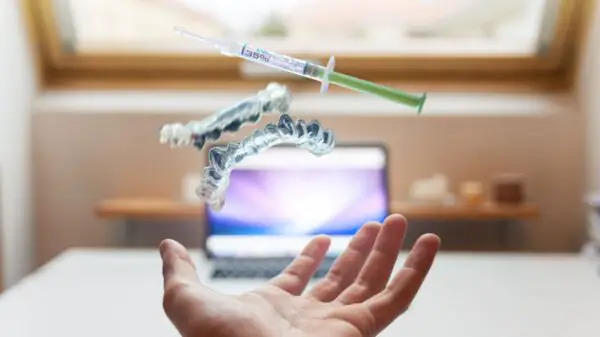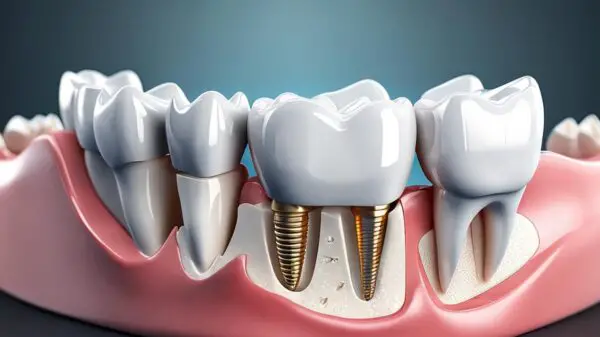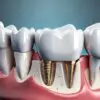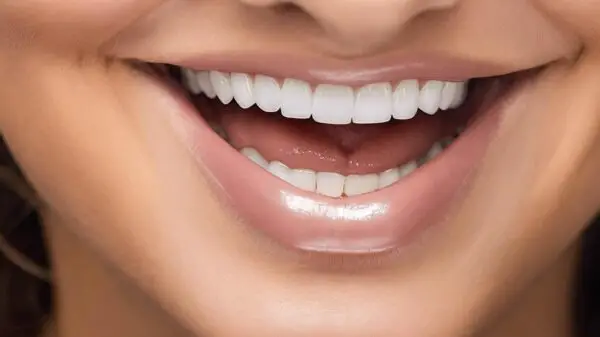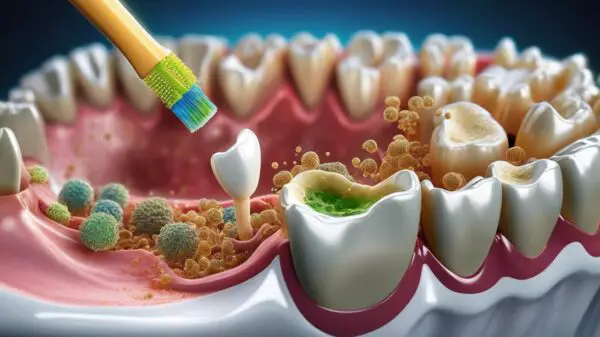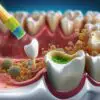The procedure of having your wisdom teeth removed is very common. If you are considering the procedure, you may have a burning question: can I have coffee after wisdom teeth removal?
To answer the burning question, the recommended wait time for drinking hot coffee after a wisdom tooth extraction is 24 hours. This gives your mouth time to heal.
In this article, we’ll talk about who needs to have their wisdom teeth removed, what the procedure of wisdom tooth removal actually is, how soon you can have coffee after the procedure, how to properly care for your teeth after wisdom teeth removal, and a few other tips for ingesting food and drink post-wisdom teeth removal.

Who Needs Their Wisdom Teeth Removed
To understand this healing time better, let’s talk a little bit about the procedure itself. So first of all: who needs their wisdom teeth removed? Here are a few ways to help you determine if the procedure is right for you. If you’re asking yourself whether or not you need to have your wisdom teeth removed, there are a few things you can keep an eye out for.
First, if your wisdom teeth are causing pain or crowding other teeth, they may need to be removed. Wisdom teeth can sometimes cause teeth to press into each other and warp the alignment of your front teeth when they come in, so removing them can prevent this.
Second, because wisdom teeth can be difficult to reach with a toothbrush, you may have plaque or tartar buildup on your wisdom teeth, and this can lead to decay and may require removal.
Finally, if your wisdom teeth don’t seem to be growing in correctly, this could also necessitate removal. If you’re unsure about whether or not you need to have your wisdom teeth removed, it’s best to consult with a dentist or oral surgeon. They can take X-rays and assess the situation to determine if removal is necessary.

What Wisdom Teeth Removal?
Next: what is wisdom teeth removal? Wisdom teeth removal is a common oral surgery procedure. While wisdom teeth extractions are usually performed without any complications, there are some risks associated with the surgery.
The first step in having your wisdom teeth removed is to consult with an oral surgeon. The oral surgeon will examine your mouth and take X-rays to determine if your wisdom teeth need to be extracted. If the decision is made to extract your wisdom teeth, the next step is to schedule the surgery.
Wisdom teeth removal is typically performed under general anesthesia, which means you will be asleep during the procedure. The oral surgeon will make small incisions in your gums and then remove the wisdom teeth. The surgery usually takes about an hour, and you will be able to go home the same day.
Complications
There are a few potential complications that can arise from wisdom tooth removal, though these are relatively rare. These can include:
– Infection
This is the most common complication following wisdom tooth removal. It is important to keep the area clean and free of bacteria to avoid infection.
– Nerve Damage
If the tooth is close to a nerve, there is a small risk of damage to the nerve during the removal process. This typically results in numbness or tingling in the lips, tongue, or cheek.
– Bleeding
Some bleeding is normal following wisdom tooth removal. However, if the bleeding is excessive or does not stop after a short time, it could be a sign of a more serious problem.
– Dry Socket
This occurs when the blood clot that forms in the socket after the tooth is removed becomes dislodged. This can result in pain and discomfort.
If any of these complications occur, it is important to seek medical attention immediately. Typically, these complications can be easily treated with antibiotics or other medications. In rare cases, surgery may be necessary to correct the problem.
Overall, wisdom teeth removal is a relatively simple and safe procedure. Most people experience little to no discomfort after the surgery and recover quickly. If you have any questions or concerns about having your wisdom teeth removed, be sure to talk to your oral surgeon.

Tips to Recover
The most important thing for a patient to be aware of is how to care for their teeth after a wisdom tooth removal. It’s critical to take good care of your mouth after extraction. Here are some tips to help you recover quickly and avoid complications:
1. Keep your head elevated.
This will help reduce swelling and bruising. Reducing increased blood flow to your gums after the procedure helps them to heal more quickly.
2. Apply ice packs to your face for 20 minutes at a time, several times a day.
This not only helps with healing, but it should decrease any associated pain you might be having as well.
3. Take pain medication as prescribed by your dentist or surgeon.
Pain medication can be an important part of the healing process after a wisdom tooth extraction.
4. Rinse your mouth with warm salt water several times a day to keep the area clean and free of infection.
5. Avoid drinking alcohol or using straws for at least 24 hours after surgery.
Extremely hot or cold food and liquid should also be avoided.
6. Eat soft foods for a few days while your mouth heals.
Hard or crunchy foods can poke at the sites of the removal and prevent proper healing.
7. Brush your teeth gently, being careful not to irritate the surgical site.
Use gentle strokes and avoid the gum areas where your teeth were removed until all of your mouth is completely healed.
8. Follow up with your dentist or surgeon as recommended.
By following these simple tips, you can help ensure a quick and complication-free recovery from wisdom tooth surgery.
Next, how soon after having your wisdom teeth removed can you have coffee? Well, in reality, everyone heals at different rates. However, in general, it’s probably best to wait at least 24 hours before having coffee. This will give your mouth time to adjust and heal properly. Of course, you can always ask your dentist for specific advice.
Food and Drink Guidelines
Now, let’s talk about some more specific guidelines for the kinds of foods and drinks you should be ingesting after your wisdom tooth removal. Some people may experience some bleeding and swelling after wisdom tooth removal. It is important to avoid certain foods that can irritate the area or promote bleeding. These include:
– Spicy Food
The spices in spicy food can serve as an irritant to the wounds after your wisdom tooth removal so it’s best to avoid them until your mouth has had time to heal.
– Acidic Food and Drink (Orange Juice, Tomatoes, Vinegar)
Acid also serves as an irritant and should be avoided post-op.
– Alcohol
Alcohol, when combined with the medications you might be taking after your wisdom tooth removal, can be detrimental to a quick healing process.
– Carbonated Drinks (Soda, Sparkling Water).
Carbonation can irritate the wounds in your mouth after a wisdom tooth extraction.
– Hot Drinks (Coffee, Tea)
This is because the wounds in your mouth are fresh, and the excessive heat can be extra painful and also slow down the healing process.
It is also generally recommended to avoid chewing on hard foods (such as ice or candy) for the first few days after surgery. If you have any questions about what you should or shouldn’t eat after your surgery, be sure to ask your dentist or surgeon.
Conclusion
We’ve learned what wisdom teeth removal is, who needs it, and how to care for your mouth post-procedure. And we’ve answered the burning question: can you drink coffee after wisdom tooth removal? It’s safe to drink coffee after wisdom teeth extraction, but you may want to wait a day or two before indulging. This gives your mouth time to heal and the pain medication time to work its magic. When you do have coffee, go for a cup with a straw to avoid irritating your gums. And take it easy on the sugar – your teeth are already sore!









